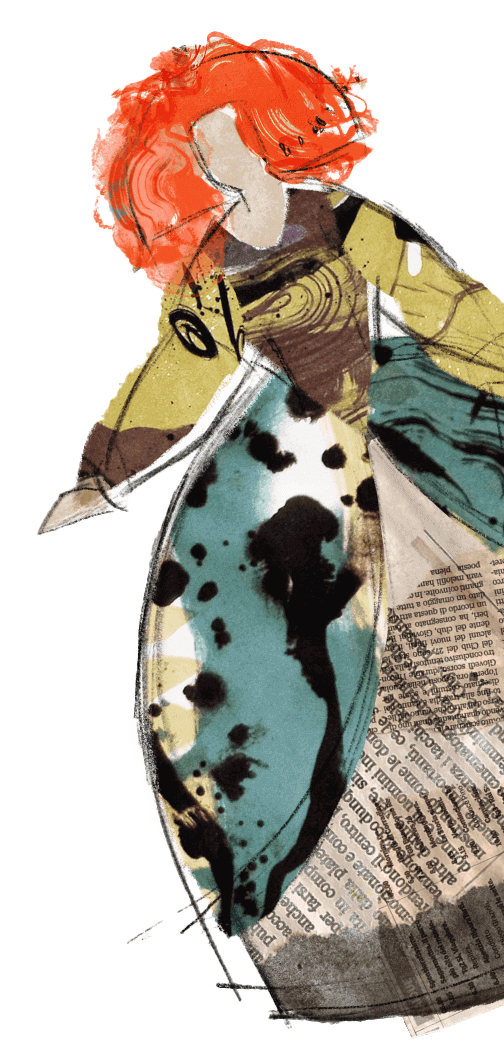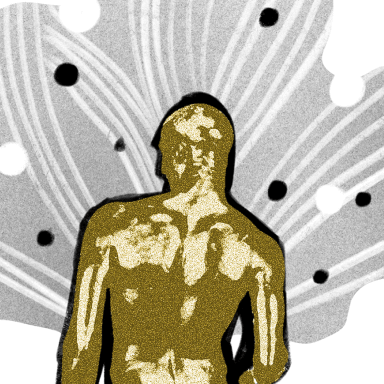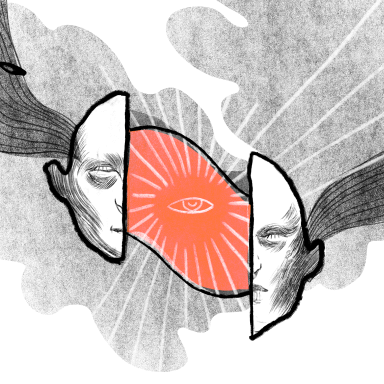Prof. dr hab. Anna Pilch (1952 – 2021) is a literature and film scholar and literature educator. For many years she was the head of the Department of Polish Studies Teacher Training Education at the Faculty of Polish Studies at the Jagiellonian University. Her diverse research interests were located at the intersection of the history of twentieth-century literature, literary theory, film studies, aesthetics, history of painting and didactics of the subject. Anna Pilch’s interdisciplinary and at the same time extremely cohesive oeuvre includes works dedicated to models of cognition and interpretation of literary works and paintings at all stages of Polish Studies education, from school to university.
Anna Pilch’s academic path is perfectly characterised by the topics she chose for her subsequent dissertations and books. She dedicated her doctoral dissertation to the then-unknown critic Stefania Zahorska. This work took the form of a book entitled Symbolika form i kolorów. O krytyce artystycznej Stefanii Zahorskiej (Eng. Symbolism of forms and colours. On the art criticism of Stefania Zahorska). As Prof. Pilch herself admitted, it was Zahorska who developed in her the mindfulness of observation and the courage to combine different fields of reflection.
Her habilitation work was also pioneering. In Kierunki interpretacji tekstu poetyckiego. Literaturoznawstwo i dydaktyka (Eng. Directions for the interpretation of the poetic text. Literary studies and didactics) Anna Pilch showed how the latest theoretical and literary trends (hermeneutics, intertextualism, deconstruction) can inspire subject didactics, influencing the way of reading poetry. In turn, the monograph Formy wyobraźni. Poeci współcześni przed obrazami wielkich mistrzów (Eng. Forms of Imagination. Contemporary poets before the paintings of the great masters) brought a reflection on the relationship between poetry and painting, becoming the basis for the academic title of Professor.
The bibliography of Prof. Pilch’s works includes books by the author, co-edited volumes and numerous articles in monographs and journals. Prof. Anna Pilch’s scientific impact was multidirectional. She inspired and initiated various activities. She created and took care of the series Narracje w eduk@cji, published by the Jagiellonian University Press. The aforementioned series included among other: her original monograph O literaturze sztuce i dydaktyce. Dialogi dawne i nowe (Eng. On literature, art and didactics. Dialogues old and new), as well as the volumes she co-edited: Nowoczesność w polonistycznej eduk@cji. Pytania, problemy, perspektywy (Eng. Modernity in Polish Studies Educ@tion. Questions, Problems, Perspectives), Ikoniczne i literackie teksty w przestrzeni nowoczesnej dydaktyki (Eng. Iconic and literary texts in the space of modern didactics), Granit i tęcza. Dzieła i osobowość Józefa Czapskiego (Eng. Granite and Rainbow. The Works and Personality of Józef Czapski), Współczesny museion. Edukacja kulturowa z perspektywy uniwersytetu, muzeum i szkoły (Eng. The contemporary museion. Cultural education from university, museum and school perspectives).
Prof. Pilch’s professional career was associated with the Jagiellonian University, where she earned successive academic titles and educated generations of Polish Studies scholars. She also expanded her didactic experience outside her home university. She was a Polish Language and Literature teacher at the 10th High School in Kraków. In 1994-1998, she worked at the University of Lille (Université Charles de Gaulle – Sciences Humaines, Lettres et Arts), where she delivered translation workshops and conducted classes on the history of Polish literature. In 2003-2006 she gave lectures and conversation workshops as part of the Socrates-Erasmus programme. For a number of years she was employed as an Associate Professor (Pl. profesor nadzwyczajny) at the Podhale State Higher Vocational School in Nowy Targ.
Professor Anna Pilch’s scholarly work and her personal attitude stemmed from her need to engage in conversations with people and texts of culture. She was an extremely respected promoter. She promoted more than 200 MAs and two doctoral theses. Her master’s and doctoral seminars (at the Jagiellonian University and the Catholic University of Lublin) were unwaveringly continuously popular with students over the years. This was because Prof. Anna Pilch understood reading literature and painting as a kind of dialogue, a close conversation with a work of art, the condition, or rather the key element for which, is the joy of discovery. She saw the aim of Polish Studies didactics and the main task of the humanist in shaping such a reading attitude towards texts. For her, dialogue was the basis of both education and relationships with others.








